
Rules of the Road
I enjoy driving, except for those time when some numptie ignores traffic rules. Whizzing through red lights, flying through stop signs, speeding, texting, ignoring yield signs all certainly disrupt the smooth flow of traffic, often catastrophically. We good drivers know that those who chose to ignore the rules are the bad drivers—or failed ones. While I have the choice to take defensive action in traffic and avoid most collisions I find I can’t defend against, avoid or ignore writers who chose to ignore the rules of grammar and punctuation. I’d rather just close the book or delete it.
I’m not a grisly grammarian or a pedantic pedagogue (redundant?) – really! It’s that I love our beautiful language and I love to read, to immerse myself in the lyrical flow of words well written and a story well told. I admit there have been times I wished I carried a big read marker so I could correct an egregious misuse. “Hunters please use caution when hunting pedestrians using walk trails” being one example that gave me really itchy fingers. I was laughing too hard to be incensed, though I did worry a bit about getting shot.

The rules of the written word are like the rules of the road, a map to smooth sailing. Correct punctuation guides the reader, unconsciously and effortlessly, to get where she wants to be; lost in the story. Commas tell the reader to take a breath, or make instant sense of a string of adjectives or a list. Commas are what show the meaning, cadence and flow of a character’s voice. A semi colon or an em-dash tells the reader to yield just a touch then get onto a related point. Quotation marks show who is speaking and for how long. An ellipses indicates a pause or shows that a thought has trailed off. A period brings our reader eye to a full stop.
The rules of grammar set the reader free of confusing nests of conflicting definitions. Does “Their on the way to the concert” mean ‘The goose/uncle/cockatoo belonging to the characters is headed to the concert and the object of the sentence just got left out? Or is the dialog meant to suggest there is the way to the concert, or did the writer intend a sensible contraction, they’re? Sneaky homophones.

I’m disappointed when an intriguing story is riddled with errors of grammar and punctuation. I really want to hear the tale but I’m forced to puzzle out meaning and narrative flow – even if it only takes an instant to understand, that instant is too long. It just isn’t necessary. The only time the rules of grammar and punctuation are unimportant is during the process of creating. Who cares if draft #1 is a grammarian’s nightmare? Or drafts #2 – 4 for that matter. What’s important at that stage is getting the story down, then making it work, then making it sing—no matter how many drafts it takes.
Once the story pleases the author there is no excuse to launch it into the world without a proper proofing. If a writer feels a full edit isn’t needed, that’s their choice but believe me when I say every published work should first be proofed. There are hundreds of editors—including myself—who offer that professional service at a reasonable price. A thorough proofing is worthy of the energy put into creating the book and respectful of the language and the reader.
Whew! A rant. Thanks for listening.
- Author Bio
- Recent Posts
- The Extra Squeeze
- Contact Jenny
-
February 19, 2022
Writers have always given us more than just great entertainment. Throughout the ages storytellers have had a major impact on society.
-
January 19, 2022
A long-term client has an eight-year-old granddaughter who wants to be a writer “just like Grandma”. My client asked me to give this young aspirant some advice about writing.
-
October 19, 2021
I’d love to hear your humorous book suggestions. I’d especially like to read a romance that will make me laugh and sigh with satisfaction.
-
September 19, 2021
We’re so lucky. The English language is like play dough.
Oh yes, we have strict rules of grammar, tense, POV, all the way to the minutia of intransitive verbs.
-
August 19, 2021
This character, Tall T Reynolds, is growing in my mind. I can see him tanned and raw and a bit dusty. I know his world is the 1940’s rural west and I know he’s going to briefly meet Lottie, a beautiful girl in a gleaming open topped coupe. Their brief exchange will never leave his mind. Soon after, Tall T will go off to war in Europe. He and Lottie will meet again in a most unexpected way.

Related
Affiliate Links
A Slice of Orange is an affiliate with some of the booksellers listed on this website, including Barnes & Nobel, Books A Million, iBooks, Kobo, and Smashwords. This means A Slice of Orange may earn a small advertising fee from sales made through the links used on this website. There are reminders of these affiliate links on the pages for individual books.
Search A Slice of Orange
Find a Column
Archives
Featured Books
To L. A. With Love Volume 1
When wildfires damaged two beloved Los Angeles public libraries in January 2025, the romance community answered with heart.
More info →MISTLETOE & MAYHEM: A REGENCY HOLIDAY ROMANCE ANTHOLOGY
There’s no Christmas like a Regency Christmas spent under mistletoe! New York Times Bestselling author Cheryl Bolen and friends invite you to discover true love in eleven deliciously steamy romances in this all-new holiday collection.
More info →SLIVERS OF GLASS
Southern California 1955: the summer Disneyland opened, but even "The Happiest Place on Earth" couldn't hide the smell of dirty cops, corruption and murder.
More info →PRIVILEGED WITNESS
The beautiful wife of a senate candidate is dead; his disturbed sister is accused.
More info →Newsletter
Contributing Authors
Search A Slice of Orange
Find a Column
Archives
Authors in the Bookstore
- A. E. Decker
- A. J. Scudiere
- A.J. Sidransky
- A.M. Roark
- Abby Collette
- Alanna Lucus
- Albert Marrin
- Alice Duncan
- Alina K. Field
- Alison Green Myers
- Andi Lawrencovna
- Andrew C Raiford
- Angela Pryce
- Aviva Vaughn
- Barbara Ankrum
- Bethlehem Writers Group, LLC
- Carol L. Wright
- Celeste Barclay
- Christina Alexandra
- Christopher D. Ochs
- Claire Davon
- Claire Naden
- Courtnee Turner Hoyle
- Courtney Annicchiarico
- D. Lieber
- Daniel V. Meier Jr.
- Debra Dixon
- Debra H. Goldstein
- Debra Holland
- Dee Ann Palmer
- Denise M. Colby
- Diane Benefiel
- Diane Sismour
- Dianna Sinovic
- DT Krippene
- E.B. Dawson
- Emilie Dallaire
- Emily Brightwell
- Emily PW Murphy
- Fae Rowen
- Faith L. Justice
- Frances Amati
- Geralyn Corcillo
- Glynnis Campbell
- Greg Jolley
- H. O. Charles
- Jaclyn Roché
- Jacqueline Diamond
- Janet Lynn and Will Zeilinger
- Jaya Mehta
- Jeannine Atkins
- Jeff Baird
- Jenna Barwin
- Jenne Kern
- Jennifer D. Bokal
- Jennifer Lyon
- Jerome W. McFadden
- Jill Piscitello
- Jina Bacarr
- Jo A. Hiestand
- Jodi Bogert
- Jolina Petersheim
- Jonathan Maberry
- Joy Allyson
- Judy Duarte
- Justin Murphy
- Justine Davis
- Kat Martin
- Kidd Wadsworth
- Kitty Bucholtz
- Kristy Tate
- Larry Deibert
- Larry Hamilton
- Laura Drake
- Laurie Stevens
- Leslie Knowles
- Li-Ying Lundquist
- Linda Carroll-Bradd
- Linda Lappin
- Linda McLaughlin
- Linda O. Johnston
- Lisa Preston
- Lolo Paige
- Loran Holt
- Lynette M. Burrows
- Lyssa Kay Adams
- Madeline Ash
- Margarita Engle
- Marguerite Quantaine
- Marianne H. Donley
- Mary Castillo
- Maureen Klovers
- Megan Haskell
- Melanie Waterbury
- Melisa Rivero
- Melissa Chambers
- Melodie Winawer
- Meriam Wilhelm
- Mikel J. Wilson
- Mindy Neff
- Monica McCabe
- Nancy Brashear
- Neetu Malik
- Nikki Prince
- Once Upon Anthologies
- Paula Gail Benson
- Penny Reid
- Peter J Barbour
- Priscilla Oliveras
- R. H. Kohno
- Rachel Hailey
- Ralph Hieb
- Ramcy Diek
- Ransom Stephens
- Rebecca Forster
- Renae Wrich
- Roxy Matthews
- Ryder Hunte Clancy
- Sally Paradysz
- Sheila Colón-Bagley
- Simone de Muñoz
- Sophie Barnes
- Susan Kaye Quinn
- Susan Lynn Meyer
- Susan Squires
- T. D. Fox
- Tara C. Allred
- Tara Lain
- Tari Lynn Jewett
- Terri Osburn
- Tracy Reed
- Vera Jane Cook
- Vicki Crum
- Writing Something Romantic
Affiliate Links
A Slice of Orange is an affiliate with some of the booksellers listed on this website, including Barnes & Nobel, Books A Million, iBooks, Kobo, and Smashwords. This means A Slice of Orange may earn a small advertising fee from sales made through the links used on this website. There are reminders of these affiliate links on the pages for individual books.





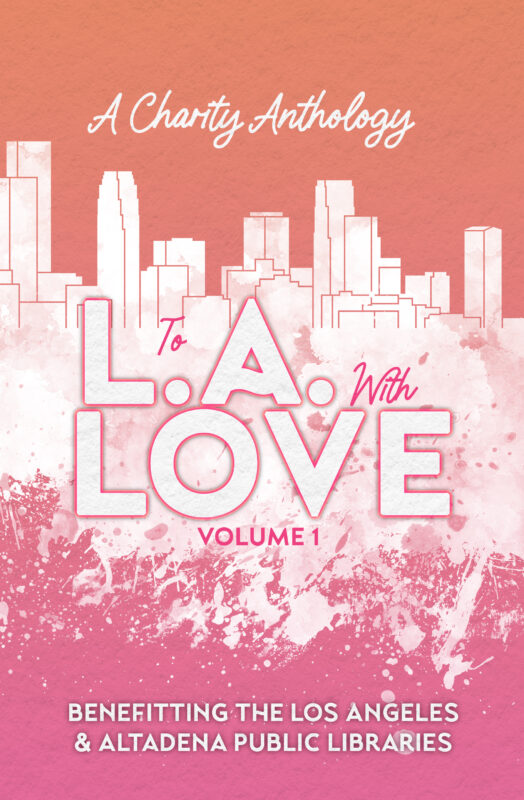


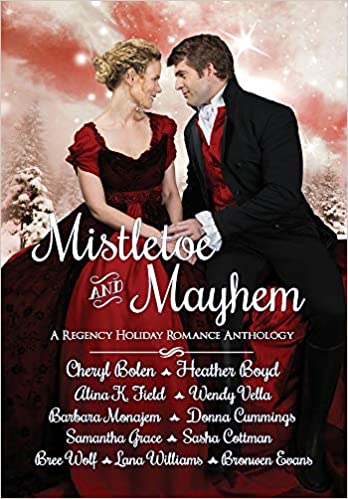




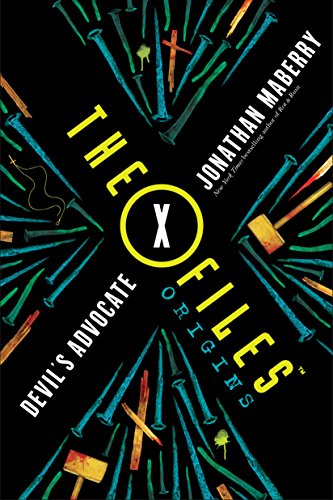



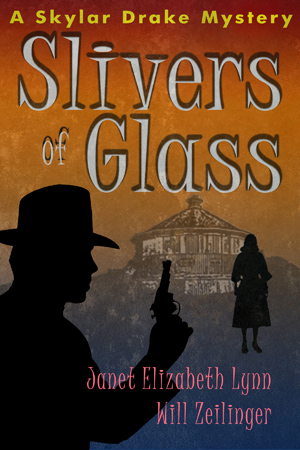

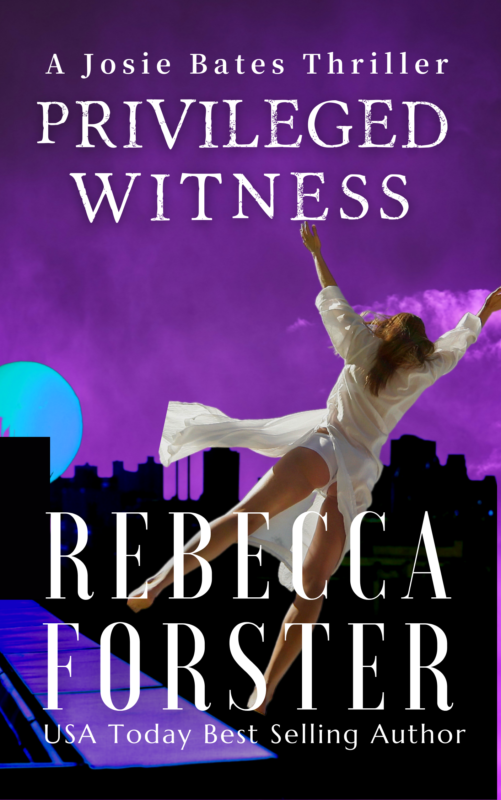



























Absolutely agree, Jenny. Without proper punctuation, a reader has no clue what to make of sentences, where to stop, pause, or even grasp the tone of a piece of writing. Just as we wouldn’t want to listen to a speaker who does not intonate and speaks in a monotone, reading something grammatically unsound is painful!